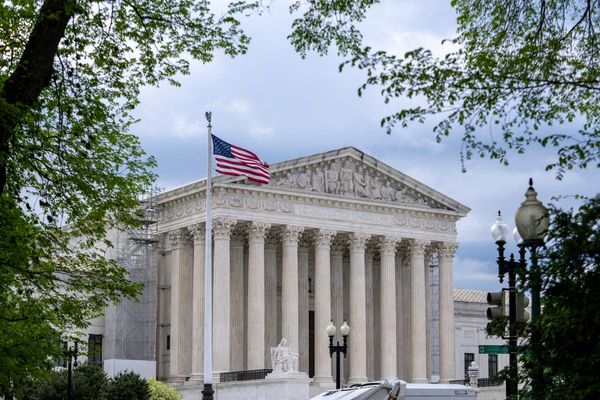
The California Air Resources Board (CARB) has recently rejected a bid by Stellantis, a major automotive company, to invalidate the emissions deal made by its competitors. CARB's decision is a significant development in the ongoing battle to reduce vehicle emissions and address climate change concerns.
Stellantis, the parent company of renowned automobile manufacturers such as Chrysler, Dodge, Jeep, and Ram, had sought to void the legally binding agreement reached by Ford, Volkswagen, Honda, and BMW with CARB. This agreement, known as the voluntary framework, requires these automakers to produce vehicles that meet stricter emission standards than those set by the federal government.
The voluntary framework is a critical component of California's ambitious efforts to combat air pollution and reduce greenhouse gas emissions. As a state with a significant population and a high number of vehicles on its roads, California has long been at the forefront of environmental initiatives. By setting its own emission standards, often more stringent than those of the federal government, the state seeks to have a meaningful impact on reducing air pollution and mitigating the effects of climate change.
Stellantis argued that the rival automakers' agreement violated antitrust laws, claiming that it would unfairly harm competition. They contended that they were at a disadvantage because they would have to invest heavily in electric vehicle technology to meet the state's requirements. However, CARB found Stellantis' claims to be unsubstantiated and lacking legal merit.
In a statement, CARB expressed its belief that the voluntary framework fosters healthy competition among automakers while simultaneously ensuring progress towards achieving California's emission reduction targets. The board firmly maintained that the agreement did not hinder market competition but rather encouraged all automobile manufacturers to work together to address environmental challenges.
Stellantis' bid to nullify the agreement was met with strong opposition from not only CARB but also several environmental groups, including the Natural Resources Defense Council and the Sierra Club. These organizations argued that the voluntary framework was vital in advancing clean car technologies and reducing harmful emissions.
This decision by CARB is expected to have significant implications for Stellantis' future operations in California. The company will now have to comply with the state's emission standards or face potential repercussions, such as hefty fines or restrictions on selling vehicles in the state.
The rejection of Stellantis' bid signifies California's unwavering commitment to curbing pollution and promoting sustainable transportation. The state's efforts to combat climate change through strict emission standards have often inspired other states, and even countries, to adopt similar regulations. By upholding the agreement made with rival automakers, CARB sends a strong message that collaboration and innovation are key to achieving a greener future.
As the automotive industry continues its transition to electric vehicles and cleaner technologies, the decision by CARB underscores the importance of collective responsibility in combatting climate change. It serves as a reminder that companies, regardless of their size or influence, must play a role in reducing emissions and promoting a sustainable future for all.







